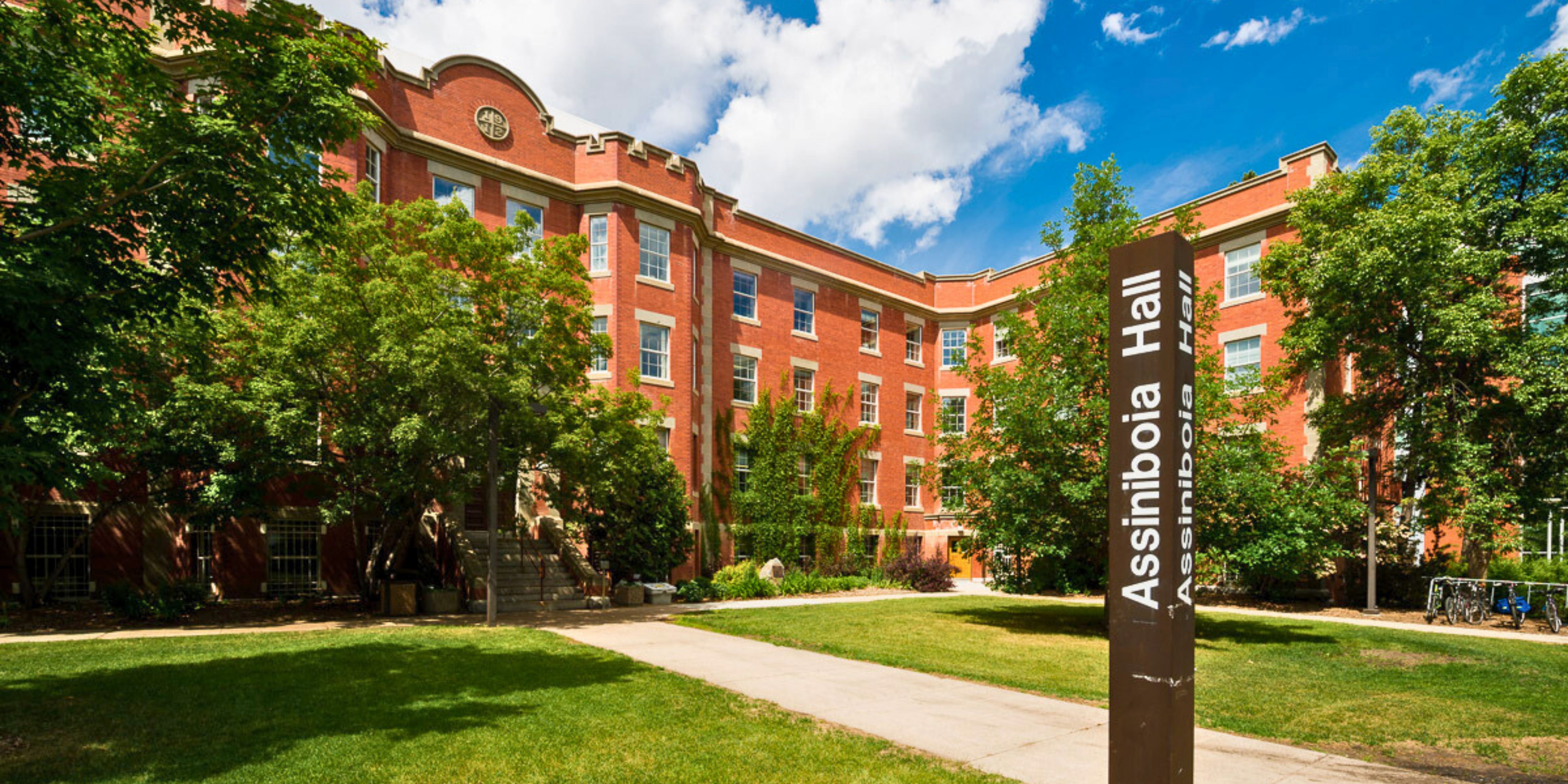Bachelor of Arts in Linguistics Degree Program Guide

How does language work in the brain? How is language learned? How can endangered languages be sustained? Delve into these questions and more in Linguistics, the scientific study of human language. Studying Linguistics provides insight into our ability to communicate and how language influences human behaviour and impacts society.
With an extremely diverse curriculum that covers key aspects of linguistics such as phonetics, phonology, syntax, semantics, sociolinguistics, and language acquisition, this program is sure to provide students with a thorough understanding of how languages work and evolve.
Academic Requirements for Linguistics Majors
- LING 101 - Introduction to Linguistic Analysis
- LING 102 - Linguistics in Action
- A minimum of 30 units to a maximum of 48 units at the senior level in LING courses, including:
- LING 204 - Syntax of the World’s LanguagesLING 205 - Phonetics
- LING 308 - Morphology
- LING 309 - Syntax
- LING 310 - Phonology
- 3 units at the 300-level LING.
- 6 units at the 400- or 500-level LING.
Academic Requirements for Linguistics Minors
- LING 101 - Introduction to Linguistic Analysis
- LING 102 - Linguistics in Action
- LING 204 - Syntax of the World’s Languages
- LING 205 - Phonetics
- 3 units from:
- LING 308 - Morphology
- LING 309 - Syntax
- LING 310 - Phonology
- 6 units from 300 or 400-level LING
The University of Alberta Calendar will always contain the most up-to-date degree requirements for your program, and your requirements are determined by the calendar year you were admitted in.
What kinds of courses can Linguistics students take?
- LING 101 - Introduction to Linguistic Analysis
- LING 111 - Intro to Linguistic Analysis for Language Revitalization
- LING 204 - Syntax of the World's Languages
- LING 205 - Phonetics
- LING 211 - Phonetics of Indigenous Languages
- LING 308 - Morphology
- LING 309 - Syntax
- LING 400 - Psycholinguistics
- LING 405 - Historical Linguistics
What kinds of careers can you pursue with a Linguistics degree?
There are many different fields and career paths that students can pursue with a Linguistics degree. From language education to speech therapy, graduates are equipped with critical thinking, research and communication skills to name a few, that are assets in today’s job market. Although there is a list of career options below, it is important to understand that careers are not linear. Intentionally engaging in a variety of activities and following your curiosities will open new opportunities that you might not have expected. To learn more about how you can put your Arts degree to work, stop by the HUB Career Centre (8917 HUB Mall) for more information.
- Speech-Language Pathologist
- Audiologist
- Clinical Linguist
- Computational Linguist
- Speech Recognition Specialist
- Language Data Analyst
- Educator (Professor, Secondary or Primary)
- Forensic Linguist
- Legal Consultant
- Program Coordinator
- Grant Writer
- Community Outreach Specialist
- Human Resources Specialist
- Policy Analyst
- +More!
Interested in gaining work experience related to your career goals? If so, apply to Arts Work Experience to gain full-time, PAID, work experience before you graduate!
Important Links
- Department website
- Students’ association information
- Full program overview
- Prospective student information and application
- Graduate studies information
- Current Arts student advising
Department Contact Information
- General department email: lingea@ualberta.ca
- General department phone number: 780-492-3434
- Department Undergraduate Advisor email: lingugr@ualberta.ca